WATCH NOW ON YOUTUBE!
The Care They’ve Earned
The documentary details their experiences with an embattled VA – from botched surgeries to misdiagnoses to personnel shortfalls – and highlights where fundamental changes and reforms are needed to ensure our veterans are taken care of. It asks viewers to reflect on serious and complex questions about what kind of care our veterans have earned after they hang up their uniforms and when, how, and where they receive that care.
In all, it shows what more choice can mean for our veterans getting the care they need – when and where they need it. It’s the care they’ve earned.
Sign up to learn more about veterans’ issues
“The Care They’ve Earned” is a gripping look into six proud veterans’ experiences with the U.S. Department of Veterans Affairs (VA) Veterans Health Administration (VHA) as they seek to manage the mental and physical trauma they sustained in uniform.
The documentary details their experiences with an embattled VA – from botched surgeries to misdiagnoses to personnel shortfalls – and educates about the fundamental changes and reforms that are needed to ensure our veterans are taken care of in a way that honors their service. It asks viewers to reflect on serious and complex questions about what kind of care our veterans have earned after they hang up their uniforms and when, how, and where they receive that care.
The Care They’ve Earned tells the stories of six veterans, but it highlights the struggles of finding adequate health care that all veterans face. It educates about the opportunity that more choices could mean for our veterans to receive the care they need – when and where they need it.
Sign up to learn more about the challenges veterans face getting The Care They’ve Earned, veterans health, and CVAF events and activities.
The Stories
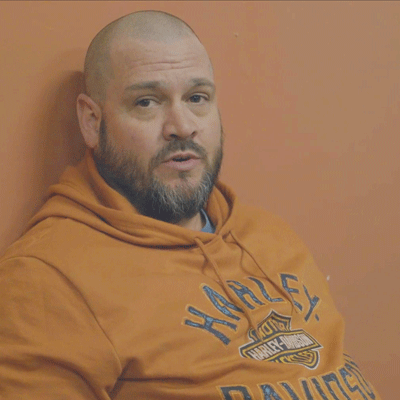
U.S. Army, 2008-2016
“As soon as I woke up, I knew something was not right. And [the VA] kept telling me it was surgical pain, and it will go away.” – Jeff, recalling conversations with the VA after his surgery
While serving our nation in the Middle East, Jeff’s Humvee hit an IED. Surgery to correct the injuries sustained to his spine from the blast left him with chronic pain, bordering on debilitating. After surgery at the VA, Jeff knew “something was not right.” Jeff went to a new doctor. An examination showed significant flaws with the spinal fusion surgery he underwent: a substandard fusion device and a screw that ran through a nerve in his spine. The pain hasn’t gone away. Jeff’s leg goes numb from time to time and his back spasms can render him immobile.
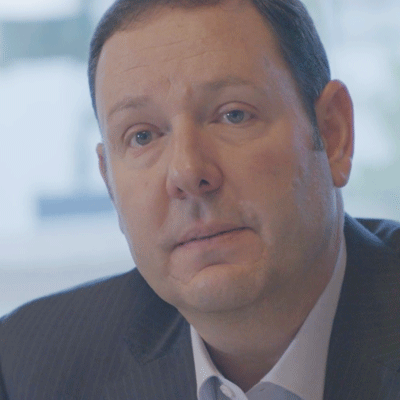
U.S. Army, 1989-2007
“You’ve been dealt a bad hand. You’ve got one of the worst cases of prostate cancer I have ever seen in my life. Hospice will call you Monday morning.” – Steve, recalling a conversation with a VA urologist
After months of waiting for an appointment and failures to diagnose it, Steve was diagnosed with stage four prostate cancer in 2012 and was essentially told he had no other options. The VA refused to operate on his cancer. After a deep struggle with this news, Steve decided he wasn’t happy with giving up. He paid out of pocket for a second opinion from an outside urologist who immediately got him in for surgery to remove his prostate. After two years of subsequent chemotherapy, today, Steve is in remission.
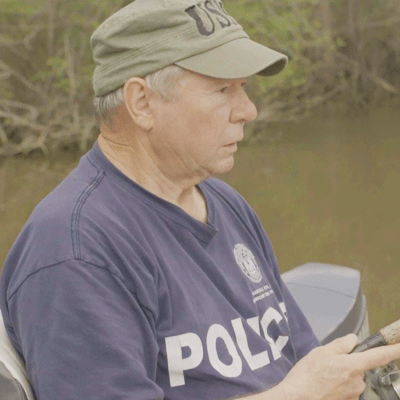
U.S. Marine Corps, 1966-1969
“So, I called all the doctors, and then we went to Jerry May…when all [those doctors] said ‘no.’” – Vickie Jeter, Jimmie’s wife, recalling providers turning them away due to failures with receiving payment under the VA Choice Program
Jimmie served in the Marine Corps in Vietnam, sustaining major damage to his knees from the excessive weight of ruck sacks and battle gear he was required to carry through the difficult terrain in the jungle. As he grew older, the problem worsened, and Jimmie was told he needed knee surgery. He tried to use the VA Choice Program, but the suggested doctors were 60 or more miles away from where he lived. His wife had had enough. But as she started calling doctors in her area, she was repeatedly turned away. She took to the airwaves, where a local news outlet shone a light on their story. Jimmie eventually got his surgery and is doing well.
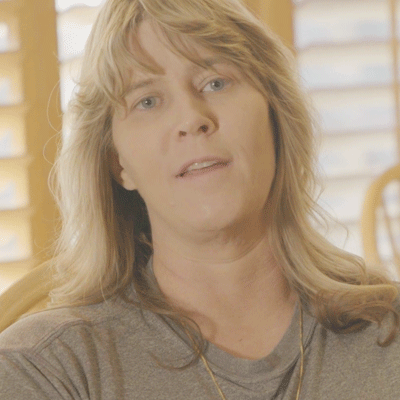
U.S. Army, 1990-1996
“If it’d been diagnosed and treated within six months, there is a 90-to-95 percent chance they could have made it go away as if it never happened.” – Shannon, recalling a conversation with an outside doctor
Shannon suffered a training injury to her ankle while serving in 1997. After a surgery to fix the ligament, she says “it was never really right after that.” Years later, walking on a flat sidewalk, her ankle rolled, tearing ligaments and tendons in her ankle. A private doctor diagnosed her with a nerve condition stemming from the original injury, preventing them from doing corrective surgery. Had it been diagnosed earlier, they may have been able to alleviate the problem. Shannon’s ankle hasn’t healed. The wound has spread to her entire left leg. She continues trying new doctors and new treatments. In her words, “it’s been life changing, and it didn’t need to be.”
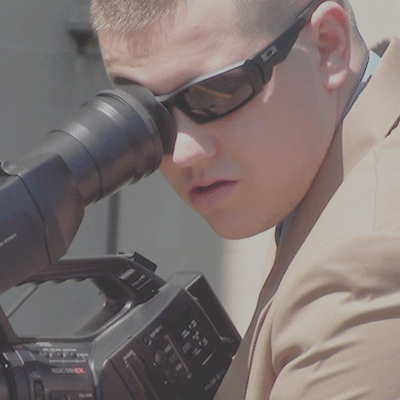
U.S. Marine Corps, 2006-2011
“That was in the beginning of October. When we got the letter, he couldn’t get in [to see a neurologist] until December 21st.” – Jordan’s mother, Lisa, on getting him in to see a VA neurologist
Jordan was a Corporal in the U.S. Marine Corps, serving as a videographer before medically retiring after developing epilepsy. Trying to be seen for his condition, Buisman had been told he’d have to wait almost 70 days to see a specialist at the Minneapolis VA neurology clinic. At the age of 25, he died in November, 2012 — just 24 days before his appointment. Members of Congress have called for further investigation into alleged falsification of Buisman’s records to make it appear that veterans were cancelling or delaying appointments.

U.S. Army, 2007-2012
“My biggest fear was that I was going to be just another veteran that everyone talks about…the crazed guy who can’t control his emotions…so, I stopped going to the VA.” – Miguel on what he thought over-prescribing medications may lead to
After returning from a deployment in Iraq, Miguel suffered from severe post-traumatic stress disorder. He was depressed, he couldn’t sleep, he had bad nightmares. For each ailment, a new prescription. Instead of relying on medications and potentially becoming the stereotype he feared becoming, Miguel decided to go elsewhere for help and seek alternative treatments. He found Headstrong, a clinic providing post-9/11 veterans with free care to heal “the hidden wounds of war.” Miguel started a treatment of stimulation psychotherapy, called EMDR, which is not available at most VA facilities. Miguel says it wasn’t until he started with Headstrong that he could “move forward” and “finally give [him]self peace.”
Produced by Concerned Veterans for America Foundation in association with Constant Motion Entertainment and Haven Entertainment.
Justin Springer, Director and Producer
Brandon Millett, Executive Producer
Kevin Mann, Executive Producer

EMPOWERING VETERANS, MILITARY, AND FAMILY MEMBERS FOR 21ST CENTURY PROSPERITY
Our mission is to empower veterans, military families, and concerned patriots with the tools they need to champion the principles of a free society; educate the military community on the benefits of laws and policies that preserve and advance the freedoms they fought to protect; and, connect veterans with the available resources that will assist them to live healthy and prosperous lives at home.
